Urbanity by Mazars
oe_one_third
We are delighted to introduce ‘Urbanity by Mazars’, a project that highlights the fascinating intricacy and interconnections of the urban world. This project features artworks representing the unique and distinctive patterns of cities where Mazars is present, across all continents.
These paintings will not only be displayed in our offices – they will be the basis for various local and international projects sponsored by Mazars, highlighting our interest and our respect for the communities that make up our environment.
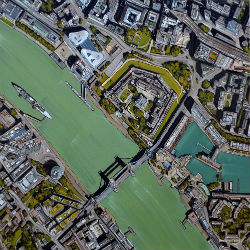 |
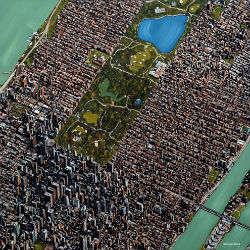 |
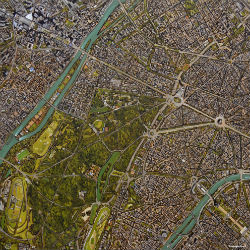 |
The city is, historically and politically, the place where individuals come together, letting go, in part, of their personal interests so as to build a common future; by doing so, they work towards an overarching goal, contributing to something bigger than the sum of their own journeys.
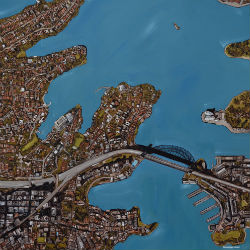 |
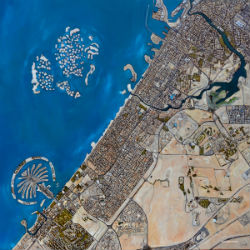 |
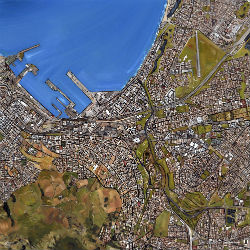 |
As defined by 17th century British philosopher Thomas Hobbes, the social contract involves ‘more than consent, or concord; it is a real unity (…) made by covenant of every man with every man’[1]. More than a geographical location, or an accumulation of homes giving rise to a high concentration of people, the city represents a move towards a higher degree of civilisation. Not surprisingly, the term urbanity, derived from the latin urbs, for city, means not only what is linked to city life, but also a quality that is polished in manner, courteous, or sophisticated.
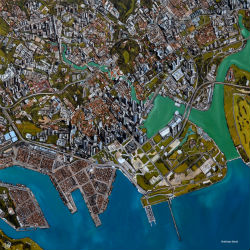 |
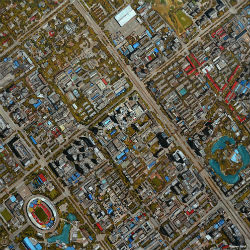 |
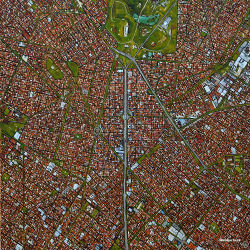 |
With 66% of the population projected to live in urban areas by 2050[2], cities continue to absorb a major part of humanity’s vigour and creativity. Although they are confronted with major challenges, notably from an environmental and social points of view, they also represent the place where business, the arts, political activism, social entrepreneurship and infinite networks of individuals become intertwined, forming vibrant human fabrics.
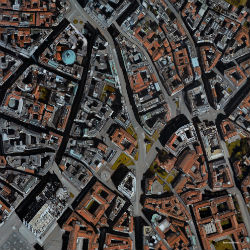 |
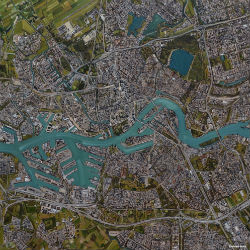 |
 |
How can all these parties, with different interests and agendas, interact in a positive way? The growing necessity of working together, creating value every day while taking into account the public interest shows that, more than ever, we all need to make more effort to better understand and renew our social contract.
The Artist: Dominique Emard
- Dominique Emard is a French artist who graduated from the Beaux-Arts in 1986. He works and lives in Orleans (France)
- The artist has participated in numerous group and solo exhibitions in Europe and is a permanent artist from The ArtFloor Gallery. He is promoted internationally by ArtFloor and takes part of the large exhibitions curated by the Gallery.
- Emard was also awarded the Lefranc-Bourgeois prize in 2003. He has private collectors in over 20 countries but mainly in Germany, Belgium, the United-States, France and the Netherlands.
